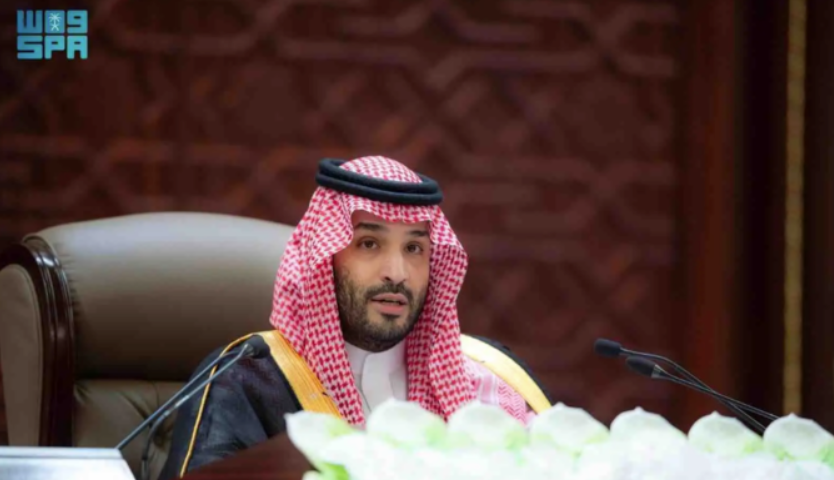
28 Nov 2024
RIYADH: Saudi Arabia on Tuesday approved the state budget for fiscal year 2025 with revenues projected at SR1.18 trillion ($315.73 billion) and expenditure at SR1.28 trillion, leading to a deficit of SR101 billion.
The Finance Ministry forecasted Saudi Arabia’s Real GDP growth at 4.6 percent in 2025, up from the 0.8 percent estimate for 2024. This growth will be driven by a rise in non-oil sector activities, according to the statement.
The figures align with projections from the ministry’s pre-budget statement in September, showing a 4 percent decline in revenues, a 4 percent decline in expenditures, and a 12 percent lower deficit compared to the latest FY 2024 estimates.
The FY2025 forecast are based on a baseline scenario, which represents a middle ground between higher and lower revenue projections, taking into account potential changes in economic activity and global petroleum market conditions.
The ministry projects the deficit to remain at similar levels in the medium term, with SR130 billion in 2026 and SR140 billion in 2027, driven by the government’s strategic expansionary spending policies aimed at fostering economic diversification and sustainable growth. Revenues are expected to rise over the next two years, reaching around SR1.3 trillion by 2027.
The Kingdom’s total debt is projected to reach SR1.3 trillion in 2025, equivalent to 29.9 percent of GDP, reflecting a sustainable level to meet financing needs.
Revised projections for Saudi Arabia’s 2024 budget indicate a deficit of SR115 billion, with total debt expected to reach SR1.2 trillion, or 29.3 percent of GDP.
The fiscal year 2025 budget prioritizes maintaining essential services for citizens and residents, while accelerating spending on key projects and sectors.
It focuses on preserving fiscal stability and achieving long-term sustainability by managing government reserves and maintaining sustainable public debt levels, ensuring the Kingdom’s resilience against unforeseen economic shocks.
In a statement following the weekly Cabinet session, Crown Prince Mohammed bin Salman emphasized the government’s ongoing efforts to strengthen the Kingdom’s economic base. “We will continue to work on expanding the economic base and enhancing the Kingdom’s financial position,” he stated.
He also highlighted the pivotal role of Saudi Arabia’s sovereign wealth funds—the Public Investment Fund and the National Development Fund—in driving economic stability and achieving Vision 2030 objectives. “These funds are essential to diversifying the economy and supporting long-term investments,” he said.
Saudi Arabia’s economy is advancing through strategic reforms and robust investment initiatives under Vision 2030, emphasizing diversification and fiscal sustainability.